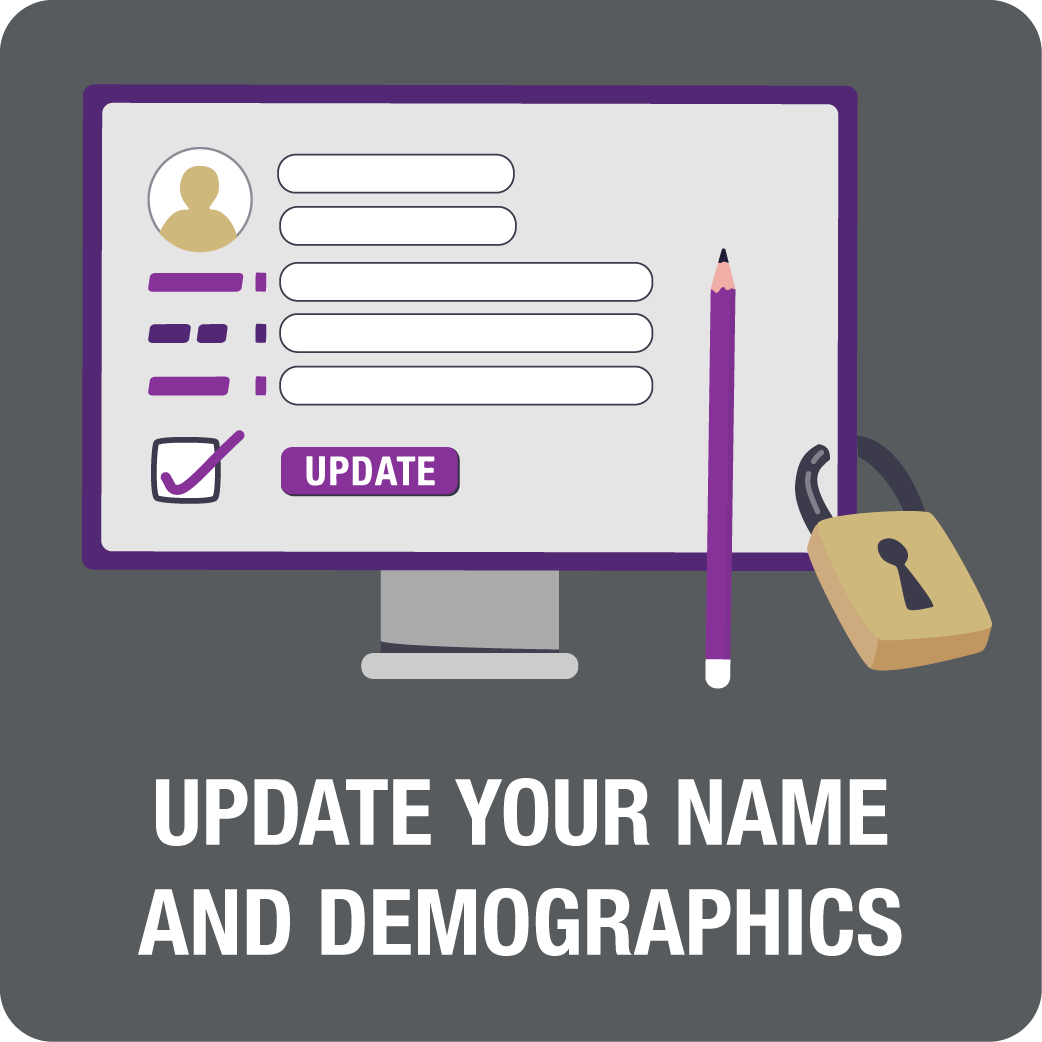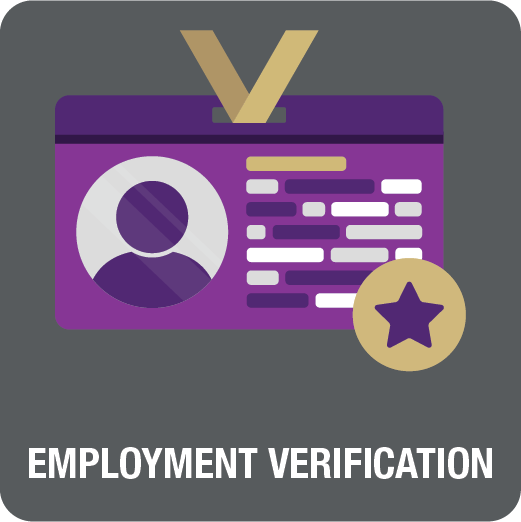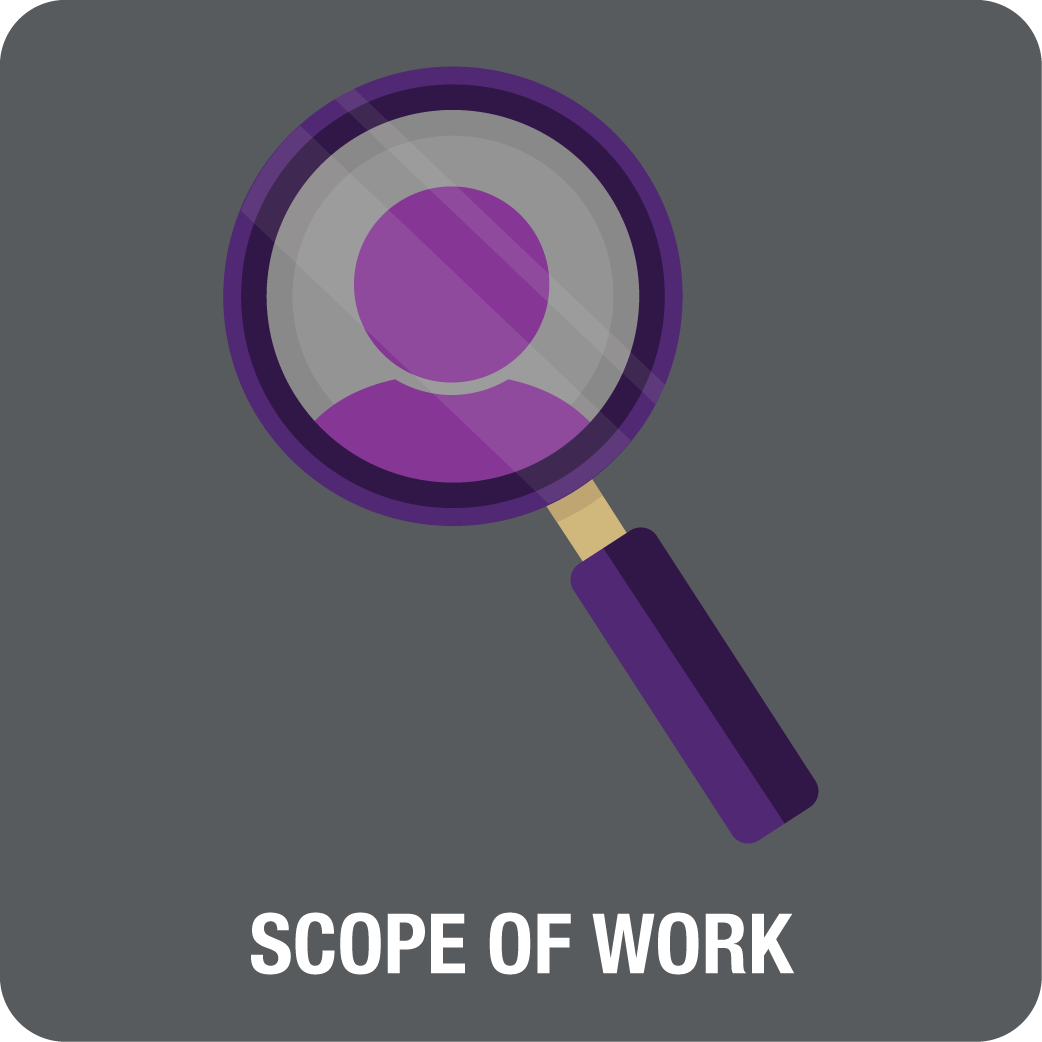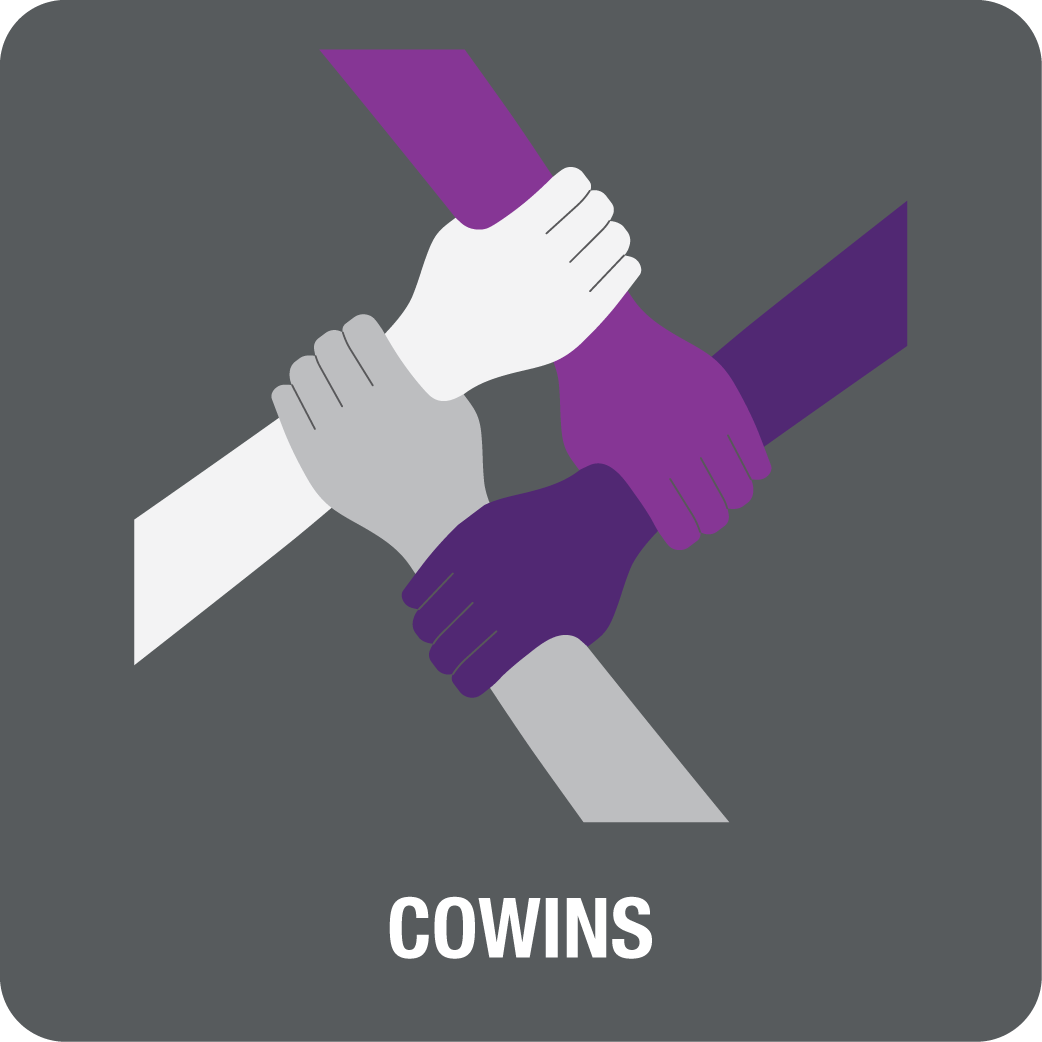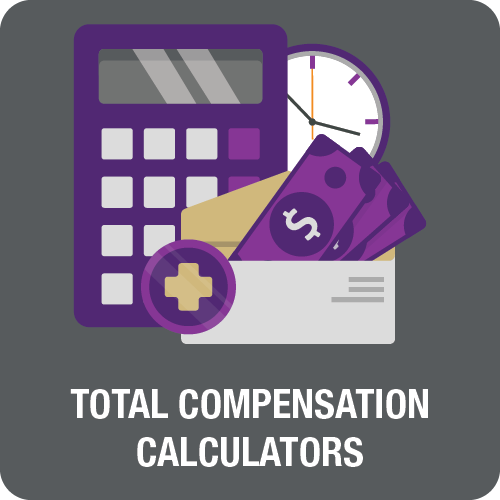Setting the CU standard for excellence.
We ensure the University of Colorado follows rigorous standards for hiring, performance management, employee verification and other tasks necessary to ensure systemwide success. Some of our duties include:
- managing CU Careers, CU’s recruiting and online hiring system.
- convening meetings with HCM Community members, who include campus human resources representatives and payroll liaisons.
- providing policy and technical procedural guidance for human resources process – from hiring to termination.
- working with department managers on all campuses for employment verification and hiring independent contractors through Scope of Work.
- assisting employees with Student Loan Forgiveness applications.
To learn more about our services for CU campuses, please browse the menu below.
Hiring an employee who will work abroad?
Learn about the process, employee management and more on the CU Global Employee website.






